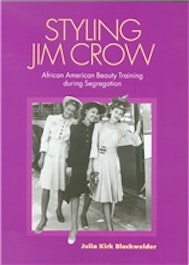
African American Beauty Training during Segregation
Published April 2003
Texas A&M University Press
978-1-58544-244-7 cloth $29.95 s

African American Beauty Training during Segregation
Published April 2003
Texas A&M University Press
978-1-58544-244-7 cloth $29.95 s

General Electric in Schenectady
Published October 2014
Texas A&M University Press
978-1-62349-186-4 cloth $35.00 s
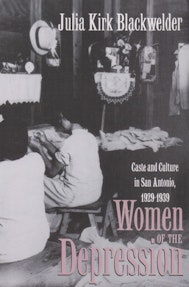
Caste and Culture in San Antonio, 1929-1939
Published September 1998
Texas A&M University Press
978-0-89096-864-2 paperback $21.95 s
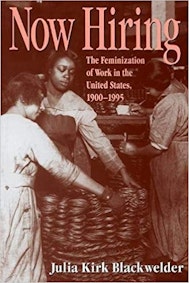
The Feminization of Work in the United States, 1900-1995
Published November 1997
Texas A&M University Press
978-0-89096-798-0 paperback $22.95 s
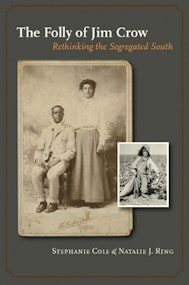
Rethinking the Segregated South
Edited by Stephanie Cole and Natalie J. Ring
Published April 2012
Texas A&M University Press
978-1-60344-582-5 cloth $30.00 s
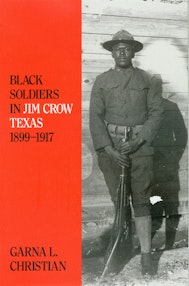
Black Soldiers in Jim Crow Texas, 1899-1917
Published May 1995
Texas A&M University Press
978-0-89096-637-2 cloth $35.00 s
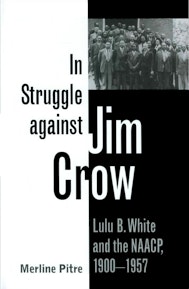
Lulu B. White and the NAACP, 1900-1957
Published August 2010
Texas A&M University Press
978-1-60344-199-5 paperback $22.50 s

Captain John R. Hughes - Texas Ranger
By Jack Martin
Published January 1990
State House Press
978-0-938349-50-1 paperback $19.95

Published May 2024
Texas A&M University Press
978-1-64843-198-2 cloth $35.00

How Six Black Golfers Won Civil Rights in Beaumont, Texas
Published September 2015
Texas A&M University Press
978-1-62349-356-1 paperback $19.95